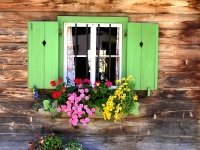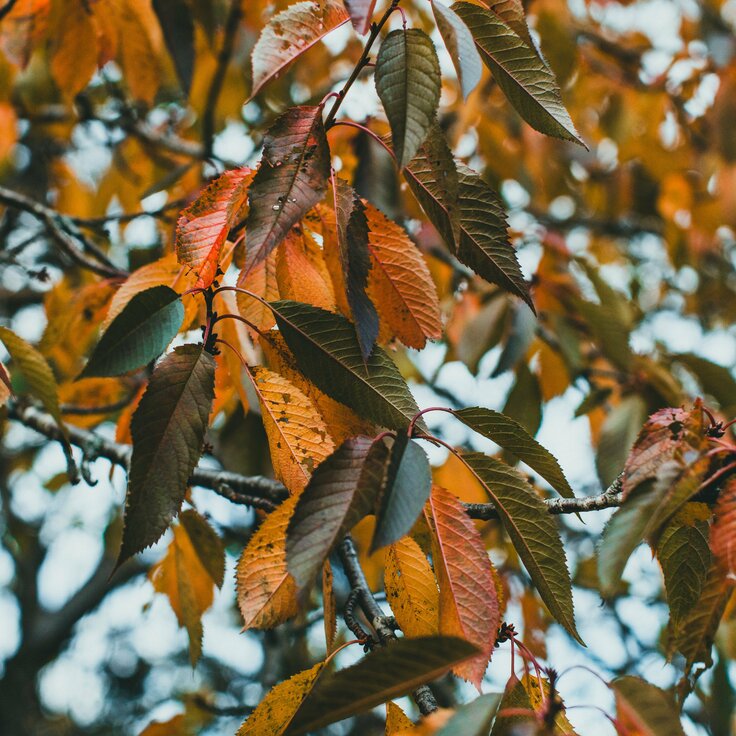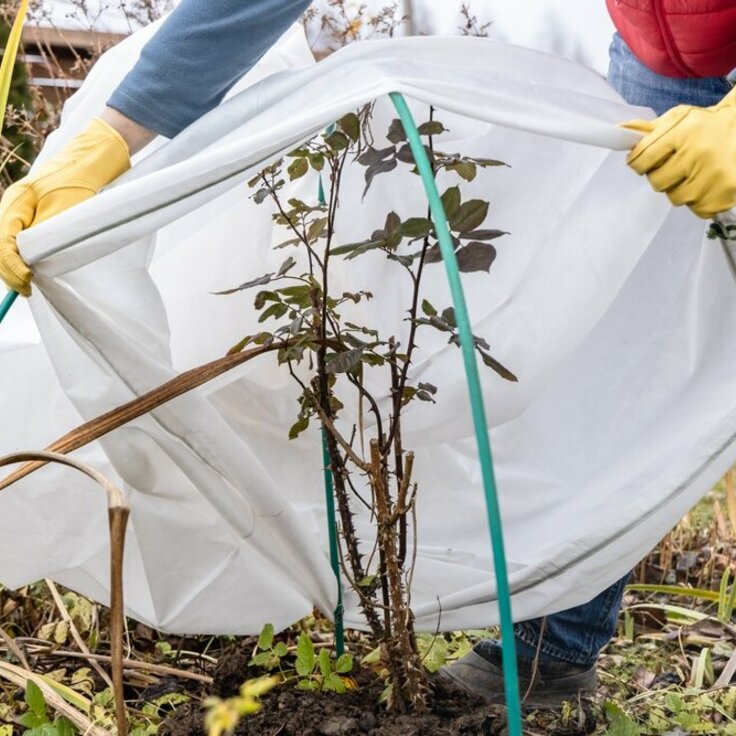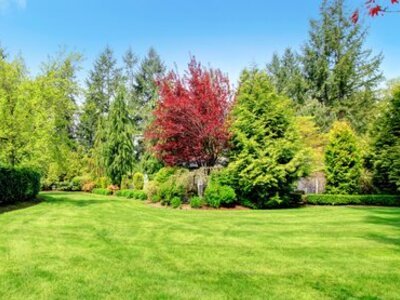Build a Compost Pile
Late summer and fall are great times to start a compost pile, as fall leaves and garden clippings give you plenty of material to work with.
Homemade compost will provide you with ″black gold″ that will lighten heavy soil, increase the water-holding capacity of sandy soil, encourage healthy populations of beneficial soil microorganisms, and provide nutrients to crops. Composting is also a way to recycle your garden and kitchen wastes, grass clippings, and fall leaves and keep these materials out of the landfill.
An easy way to start composting is to build an open-sided container, such as chicken wire nailed to frame made of 2-by-4s, to form a bin about 3 to 5 feet across and not more than 5 feet high. The classic recipe for ″hot″ compost calls for alternating 4-5 inch thick layers of ″brown″ materials high in carbon (leaves, straw, dried plant material) with 2-3 inch thick layers of ″green″ materials high in nitrogen (kitchen scraps, garden trimmings, fresh grass clippings).
Chopping or shredding the materials before adding them to the pile will help them break down faster, but isn't required. To accelerate the decomposition process, toss a few shovelfuls of soil between each layer of plant material. Sprinkle each layer with water and repeat ? kind of like making ″compost lasagna″ -- until the pile is 3 to 5 feet high. Soon the activity of microorganisms in the pile will cause the center to heat up as they get to work decomposing the organic matter.
After a couple of weeks, turn the material in the pile with a garden fork, moving undecomposed material on the outside to the center of the pile. Keep turning the pile periodically until the compost is finished, at which point it will be dark, crumbly, and have an earthy odor, and you won″t be able to recognize most of the original materials. If you don't have enough raw materials at one time to build a pile all at once, not to worry! If you add materials a little at a time they will still break down. The pile won't heat up as much and the decomposition process will take place more slowly, but you'll still end up with compost to improve your garden soil in the end.#
Read more at - The National Gardening Association








